|
… And what a better place than Bologna in Italy to do so? Whether for teaching students, communicating with migrant children that first stopped in Italy, or to implement a partnership with Italian schools, teachers might have the need to improve their Italian skills. Plus, in our connected and multicultural world, the knowledge of several languages is always a valuable strength.
In between grammar points about tenses, conjugation, adverbs and vocabulary lessons, the participants happily immersed themselves in activities about work, culture, travel, hobbies, dreams, and public speaking. All the activities were very practical and based on life experiences and needs. This practice-oriented learning approach allowed participants to more easily understand and use what they learned. They started the week by presenting themselves and others through a job interview exercise, and the intermediate group had also the opportunity to discuss different school systems. Then, working in pairs, they packed their luggage and planned visits to prepare a trip to different prime Italian locations. They got acquainted with the diverse and numerous Italian dialects and boosted their oral comprehension through listening practices.
All in all, both groups had a really fun and interactive time while making considerable progress in Italian! The participants came out of this experience not only richer in vocabulary but also in great memories and relationships. Grazie di tutto! Discover more about this course here: https://www.erasmustrainingcourses.com/erasmus-italian-course.html
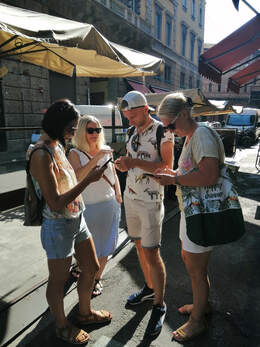 Did you know that play is considered a crucial component of cognitive development from birth through adulthood? Think about your favorite games: isn’t it true that you never get tired playing them? Being it hide and seek, puzzles, construction games, board games, there are invisible threads linking our memories, experiences and feelings in connection to playing games and they are all linked to the intrinsic motivation and engagement they trigger in our mind! The new edition of the course “Discover the power of Game Based Learning and Gamification in education” took place in Bologna from 24/07/2022 to 30/07/2022. The participants came from all across Europe, with Simon Thüring from Realschule Heiligenhaushereinafter in Germany; Alina Nicula, Nicoleta Tudor, Florentin Cozmolici, Oana Popescu from BIBLIOTECA JUDEȚEANĂ GEORGE BARIȚIU BRAȘOV in Romania; Edgar Oganesjan from Maardu Gümnaasium in Estonia; Tibor Prievara from Pasaréti Szabó Lőrinc Magyar-Angol Két Tanítási Nyelvű Általános Iskola és Gimnázium in Hungary; Nathália Pimentel Lima from Lagos Ciencia Viva Science Centre in Portugal; Ioannis Tatsis and Panagiotis Christopoulos from Gymnasio Lappa in Greece; Mariusz Jagodziński, Kornelia Maria Borkowska, Johanna Hyza, Alicja Kubiak-Kwasny from Szkoła Podstawowa nr 4 im. Jana Brzechwy w Swarzędzu in Poland; and Beatriz Flores Morales from IES Clara Campoamor - Alaquàs - Valencia in Spain. Their training week was constructed like a game, following a sequence of levels from the very beginning. As if we were starting to play a video game, we asked participants to create their own characters to join the game. Avatars, symbolic characters and new superheroes were thus used as a basis to get to know each other. The first level was theoretical - we discussed the pedagogical value of playing and how games stimulate learning. Through a challenge on the differences between gamification and game-based learning, our “players” could better clarify that gamification applies game elements into a non-game environment while game-based learning is a teaching approach whereby learning happens through playing the game itself. 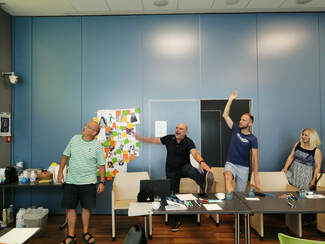 As the main outcome of the second level, “players” defined the most common gamification framework as the process through which 8 major internal and external motivators influence human engagement. During one of the practical activities, players engaged in a role-play where they acted like the most common types of video games players, reaching a hands-on understanding of game-driven motivation. The third level was dedicated to game-based tools and apps. We listed and actively explored several traditional games and we reframed them all together into more engaging learning tools. After all the challenges and battles, “players” had an opportunity to create their own tools both offline and online. In the penultimate level, “players” lived the most active and engaging experience. We went outside to enjoy a scavenger hunt game in the city center and later we were locked in a digital escape room trying to solve riddles and puzzles to escape. Participants finally tried to find the best way to gamify their own classrooms taking into account their students’ needs and worked on creating their own activities. Having reached all the levels of our game, participants had the opportunity to learn new ways of making the most of traditional games to transform the learning process. They discovered how games like Taboo or Battleship could be used for an educational purpose; whilst playing, the participants already had many, many ideas on how to apply these games into their own subjects. Good luck players! Discover more about this course at: https://www.erasmustrainingcourses.com/gamification.html
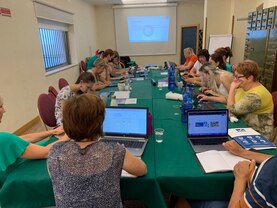 The world has been going under drastic change. We never know how is going to be the upcoming time, but we need to be adaptable to the changes coming along. For the same cause Information and Communication technology tools are used as advanced method of learning and teaching languages and students and teachers are incorporating them in their classrooms. Tech tools have the capacity to meet the needs of individual students and give a sense to the teachers to direct the learning method in a better way. The new session of the course “Teaching languages in the digital era: the best apps, web platforms and ICT resources for learning languages” was held in Palermo, from the 17/07/22 till the 23/07/22. Individuals from various educational institutions across Europe took part in the weeklong training: Ivana from Základnáškola, Hrnčiarska 2119/1, Slovakia, Małgorzata, Ewa and Justyna from ZS nr 3 im. Jana III Sobieskiego, Poland; Katina , Elena , Gergana , Stanimira and Teodora from 81 Secondary School Viktor Ugo, Bulgary; Monika from Language school, Slovakia; Ulrike , Elke and Stephanie from KGS "Am Schwemmbach" Erfurt , Germany; and Laura and Leonardo from Hispaania Maja, Estonia. 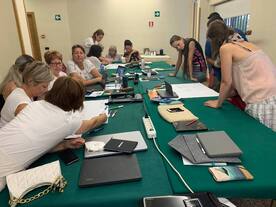 During this course the participants were equipped with the knowledge, skills and hands-on guidance on various ICT tools and the way it can be incorporated in their respective educational environment and language teaching methods. In addition to this, the participants were trained on how to engage the students with the help of various brainstorming, engaging and group activities. Every tool was discussed in depth with a lot of practical activities. 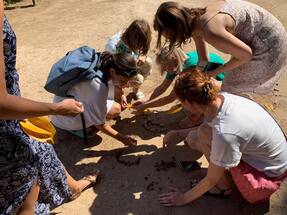 Thanks to all the ICT tools explores, the participants learnt skills such as creating interactive presentations, creating interactive grammar or vocabulary quizzes and adding voiceovers for lessons. Moreover, they acquired knowledge based on conducting exams online, creating games to increase students’ interaction, preparing multimedia content, introducing a new subject or summing up an old one and challenging the students’ to create their own work and engage their participation during the lessons. The participants also discovered specific platforms to be used to edit pictures and videos that are very effective when it comes to teaching languages. Such tools can be used in fact for a variety of purposes: to explain a grammar topic, to give more information about a foreign culture or to introduce new words. In addition to this, recreational activities were arranged during the period which includes guided and customized tours around the historical city centre of Palermo, along with the authentic Sicilian cuisine. Learning foreign languages at times would be challenging, however the integration of ICT tools into the educational system may increase inclusion, collaboration, participation, information retention, literacy and motivation among both teachers and students, for producing fruitful results for a lifelong learning experience. ELA is looking forward to welcoming you again!
Discover more about this course at https://www.erasmustrainingcourses.com/ict-language.html 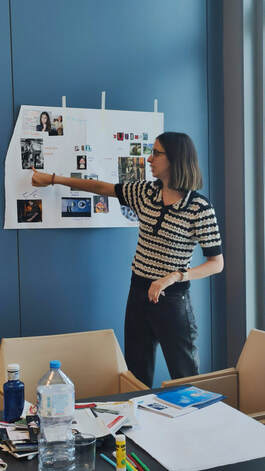 To engage students, it’s a complex challenge: using innovative methods can be a significant resource to motivate them and to enhance their learning. Thanks to different kinds of studies and research, today there are many tools available that can be used in the school environment: project-based learning, non-formal education, outdoor education, and ICT are some of the many opportunities that can be integrated with traditional teaching methods. The new edition of the course “Innovative teaching methods for teachers, school and adult education staff” took place in Bologna from 17/07/2022 to 23/07/2022. The participants came from all across Europe, with Oliwia Galczynska from Poland; Carla Leal, Gisela Gregorio from Portugal; Sorina Diaconescu, Iulian Catalui, George Mihaila, Silviu Manzaleanu from Romania; Kirsty Laubova from Czech Republic; Pamfilia Dumitrascu, Mariana Gaiu, Monica Iancu, Alina-Ramona Vlad from Romania; and Maria Gil Saez from Spain. On the first day we discovered the main differences between Formal Education, Non-Formal Education and Informal Education. In fact through some activities we understood how and when to use each of them at a specific time. Moreover we focused on non formal education, since nowadays the method is less used in classrooms. We created a gallery with our non formal education presentations. We explored the Kolb’s experiential learning cycle and we learned how it allows it to pass from reflection to conceptualization and application, giving the student an active role in the learning process. We also talked about Inclusion by playing games in which we had to put our feet inside other people’s shoes to reflect on differences and teamwork. We explored innovative teaching methods with ICT. We practised several tools in class, finding out new ways to engage students, assess and display a lesson. This course helped participants to understand how to work with a more innovative approach in their classes. 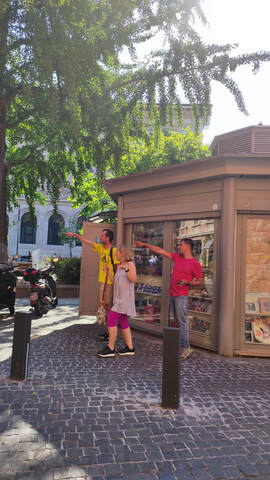 Analysing the principles of Project Based Learning, the participants of the course had the opportunity to discover how teamwork, collaboration, and creativity can help students to discover the way to deal with real problems, learning strategically and searching for the answers from the start. The teachers had the opportunity to participate in a special type of treasure hunt to discover Bologna and deepen the power of Outdoor Education. Some of the advantages of Outdoor Education that emerged during the debriefing are, on the one hand, the increase in motivation and creativity; on the other, the improvement of the psychophysical well-being thanks to the contact with nature and the consequent reduction of stress. It was hard to say goodbye at the end of the week, but the participants were eager to implement what they had learned during this past week. We hope everything goes smoothly for you, good luck! Discover more about this course at: https://www.erasmustrainingcourses.com/innovative-teaching-methods.html
Bullying behaviors, whether virtual or face-to-face, have negative impacts not only on victims and survivors, but on bullies too. The aim of this course was to learn about effective ways to prevent and tackle all forms of bullying in education and school settings, thanks to socio-emotional learning. The new edition of the course “How to stop bullying and cyber bullying in schools and promote social emotional learning” took place in Bologna from 17/07/2022 to 23/07/2022. We had participants from four different countries: Doina Mormenche, Mihaela Stiubianu and Adriana Tudose from Colegiul National "Alexandru Ioan Cuza” in Romania, Daiana-Alexandra Dragus and Adrian Tudor from “Liceul Andrei Mureșanu Brașov” always in Romania, Raul Corraliza Nieto and M Mar Santos Martin from “Arquitecto Pedro Gumiel School” in Spain, Luis Alberto Moral Pérez and Mónica Gorrita Cortés from “Institut Antoni Ballester and Escola Mediterrani” (Spain), Manuel Garcia Caballero from “Juan Ramón Jiménez School”, again in Spain, Nuray ÇAKIR and Azra HÜNERLİ from “Osmangazi Primary School” in Turkey and Markéta Votočková from “NOVÝ PORG” in Czech republic. 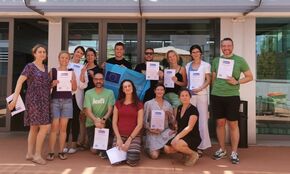 We started with our introduction day where we brainstormed all the different kind of bullying behaviours: which forms does it takes? Who are the participants of a bullying scenario? Which are the three main elements which distinguish bullying from conflict? We moved on to talk about the victim: which are the risk factors that lead children to be bullied? And what can we do to prevent this situation? What are the initiatives that can be carried out to prevent bullying behaviours? We looked at these topics by 4 different points of view: family, school, individual and community. One of the main and most difficult types of bullying to be eradicated is cyber bullying. Nowadays Internet has a major role in the lives of our kids and may have a negative impact on them. However, it also has some positive sides. With some practical activities we explored the world of cyber bullying. We also discussed about the differences between traditional and cyber bullying and about the things that they have in common. To understand and put ourselves in the shoes of bullying victims we implemented a very powerful activity which can be used both with students, parents and teachers to raise awareness. Moreover, with some case scenarios, we discussed in groups how to practically solve a cyberbullying situation. In order to prevent bullying behaviours it is vital to foster a positive classroom environment. This is why we explored the topics of emotional intelligence, membership and inclusion and collaboration. These are pillars for a supportive classroom and should not be underestimated. Of course we discussed about this with a lot of non formal and creative activities and games, thanks to which it was impossible to get bored ;) We concluded our course with the Olweus model of bullying prevention: a powerful tool that can and should be put into practice in every school, to eradicate the problem. Indeed the true strength of this session was the energy and willingness to share of the whole group, either with words or with drawings and images. Thank you to each of you for your participation! Discover more about this course in: https://www.erasmustrainingcourses.com/stop-bullying.html The new edition of the course “Integrating ICT and new technologies into teaching and education” took place in Palermo from 10/07/2022 to 16/07/2022. The participants came from all across Europe, with Gergana, Polya, Katerina, Neli and Toshko from 35 SEU Dobri Voinkov in Bulgary, and participants coming from three different schools: Mercedes, Estela, Sara from IES Valle del Jerte , Isidro from IES Luis de Lucena and Cristina from IES Antonio Buero Vallejo The teachers had the chance to explore the power of new technologies to engage, motivate and empower scholars. Nowadays, students are so involved on technology that they can manage it so well, so it’s important for teachers to try to use it as a strength in their classrooms. To this purpose there are infinity ICT tools that are useful in the educational context and that can help teachers to communicate better with their students and in a more interactive way. The first days, the teachers explored ICT tools to create interactive and virtual boards, to interact with a students in a creative way and to create virtual experiences. Collecting instant feedbacks, creating real time polls and managing online Q&A moments are few of the possibilities we experienced together, having fun sharing unique presentations created by the teachers. During the week we discovered also the power of video lessons: the participants learned how to add questions, notes and content to animated videos, transforming boring video lessons in interactive activities. The third day creativity was the key word: we deepened visual tools to create interactive graphics, catching content and animated scenes in an easy and fun way. During the last part of the week the teachers explored the gamification world, with interactive games, competitions, leader boards, badges and much more. This days we learned how fun it can be playing and learning at the same time, and how collaboration and team working are important to promote students engagement. Finally, the last day we deepened the topic of web design, exploring different tools to create a website or a blog about different kinds of topics and purposes. In conclusion, everyone had a great time, developed its English skills and learned new tools to improve its teaching methods. “A wonderful experience combining lessons and entertainment in a magnificent city like Palermo. We loved it!” Grazie mille! Un saluto da Palermo! Discover more about this course at https://www.erasmustrainingcourses.com/integrating-ict-into-teaching-and-training.html
Il est de nos jours important de se pencher sur les méthodes et stratégies d'enseignement non formelles afin de découvrir les potentialités qu’elles peuvent apporter à l’éducation. Lorsqu'il s'agit d'apprendre et de prévenir le décrochage scolaire, l'éducation non formelle peut se caractériser de la manière suivante: "Toute activité éducative organisée en dehors du système formel établi - qu'elle fonctionne séparément ou qu'elle soit une caractéristique importante d'une activité plus large - qui est destinée à servir des clientèles et des objectifs d'apprentissage identifiables " (Philip Coombs, 1973). La nouvelle édition du cours “Méthodes et stratégies d'enseignement de l'éducation non formelle" a eu lieu à Bologne du 11 au 15 juillet 2022. Les participants venaient de l’établissement scolaire Colegiul Național „Gheorghe Roșca Codreanu” Bârlad en Roumanie. Ecaterina enseigne la physique, Elena les mathématiques, Neculai les technologies de l'information et de la communication, Ramona l’histoire, et Iulian la religion. Andrea, Diana et Cristina sont toutes trois professeurs de littérature roumaine, et Daniela est psychologue.
Ensuite, les participants ont abordé le rôle du facilitateur, élément central lié à la manière de travailler avec les élèves, mettant ces derniers au centre du processus d’apprentissage. Le groupe a exploré les caractéristiques du facilitateur liées à la différence avec l’enseignant “traditionnel”, suivi de conseils pour suivre au mieux ce rôle. Ils ont utilisé des activités visuelles pour découvrir les caractéristiques et explorer la relation entre élèves et professeurs. En effet, les stratégies visuelles sont un autre aspect important de l’éducation non formelle. Les participants ont été amenés par exemple à articuler leurs idées sous forme de collages, de dessins ou encore de métaphores pour stimuler leur pensée créative et leur expression.
En conclusion, pendant cette semaine, les enseignants ont eu l'occasion d'expérimenter des méthodes innovantes dans un environnement stimulant, améliorant des compétences telles que le travail d'équipe, l'empathie et la pensée critique. Ils ont finalement eu l’opportunité de découvrir de nombreuses activités qu’ils pourront modeler selon leurs besoins et appliquer dans leur enseignement avec les élèves. Découvrez-en plus sur ce cours sur :
https://www.erasmustrainingcourses.com/non-formal-education-teaching-methods.html Today is more than important to work on factors that can help preventing and managing Early School Leaving and conflicts. This is the aim of this training course which topic is every day more and more crucial even if there are no easy answers. With a holistic approach in mind, during the course, the participants will learn how to identify the causes of this phenomenon, the best approaches and strategies to prevent, tackle and reduce it, and the keys to conflict management. The new edition of the course “Preventing conflicts and tackling Early School Leaving” took place in Bologna from 10/07/2022 to 15/07/2022. The participants came from all across Europe, with Øystein Førsvoll from Norway; Enuș Ionela Nicoleta and Iorga Marinela Monica from Romania; Miroslava Angelova Petrova, Zornitsa Nikolova Marinova and Milena Aleksandrova Trendafilova from Bulgaria; Soultos Leonidas, Chaspari Maria Sofia, Anastasiou Maria and Boutsi Paraskevi from Greece; Eleni Ioannou Lordou, Spyros Kouloumis and Christos Papachristodoulou from Cyprus.
The participants went on discovering the conflict management topic. First, we dedicated some time for a perspective change. With the support of an inspirational TED Talk, the group who initially associated the idea of conflict with something essentially negative, realized afterward how conflicts provided in their life unique opportunities to improve their relationship, communication, and understanding. We also discussed how to manage a conflict and its several styles.
The group focused on and discussed how and teach to students to have a mindset of growth. Then the group defined and characterized the main “negative” student types and developed practical tips and suggestions on how to deal with them in the most effective ways. We analyzed through visual tasks and group reflection the phenomenon of bullying and possible strategies to become upstanders and stop bullying.The group focused then on how to battle negativity in the classroom and false believes, through group reflection and practical activities. We analyzed different conflict management styles and discussed their concrete application in different situations. During the week we learned how to use many tools to create engaging activities: Socrative, Bamboozle, Mentimeter, Quizlet. The key word of this week’s training course was “transformation”: we learned how to change perspective on conflicts, how to transform the strong and sometimes negative energy of some students into something positive and productive, and how to change our mindset from fixed to growth, how to transform a group of people into a team. Discover more about this course on our website:
https://www.erasmustrainingcourses.com/early-school-leaving.html 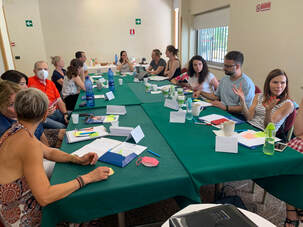 Bullying affects all youth, including those who are victims, those who bully others, and those who act as audience, and its effects may continues till adulthood. Bullying may be physically or virtually. The shocking statistics from National Center for Educational Statistics of 2019 reveals that one out of every five students reports being bullied. The course was intended to counter all forms of bullying in all educational settings. The new session of the course “How to stop bullying and cyberbullying in schools and promote social emotional learning” took place in Palermo, Sicily from 03/07/2022 to 09/07/2022. Our participants came from diverse educational backgrounds: Katja , Audrey and Elina came from Phorms Education and Phorms Taunus Primary, Germany; Mercedesz joined us from Vaci Szc Petzelt Jozsef Technikum és Szakkepzo Iskol, Hungary; Patrycja and Joanna from Szkoła Podstawowa nr 7 im. Jana Karnowskiego w Chojnicach, Poland; Beata, Anna and Maciej took part from Powiatowy Zespół Placówek Szkolno - Wychowawczych, Poland; Iban from Instituto Enseñanza Secundaria Fuente Nueva, Spain; Elpida, Vasileios, Vasiliki and Konstantia from 8o Dimotiko Sxoleio Karditsas, Greece; and Ione from BirtLH Vocational training School, Spain. 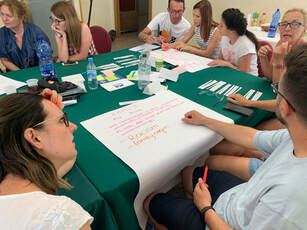 Our introductory day started with some brainstorming activities about all the different kinds of bullying behaviours: the forms it takes, the roles involved, its main features and the difference between bullying and conflict. We discussed in detail about the risk factors that lead young people to be bullied and to bully, and also about the initiatives and strategies that can be implemented to avoid bullying behaviours. These topics were discussed from different viewpoints including individual, family, school and community. 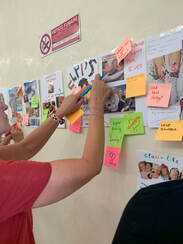 Cyberbullying is a far greater problem that affects too many people all around the world and it is the most difficult type of bullying to be eradicated. Internet is part of everyone’s life these days and it has both positive and negative impacts on the younger generation. With practical and interactive sessions, we discussed in detail about the ways to prevent it in educational environments. A focus on the differences between Traditional and Cyber bullying was also part of the training. 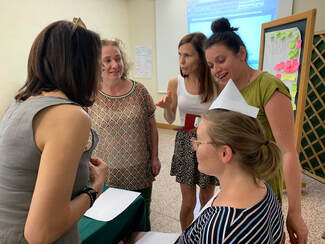 In order to prevent bullying behaviours, it is necessary to implement a supportive classroom environment. For this reason, we explored various topics related to emotional intelligence, membership, inclusion and collaboration. These are the main features of a positive school environment and we should take it into account while running our lessons or preparing our school policies and programs. Moreover, we explored some useful conflict management strategies During the week, participants had also the chance to be taken around the beautiful and historical Palermo and its surroundings and were briefed about its marvellous history. Along with the aforementioned topics, various fun filled activities were arranged for the participants so that they may make the most out of the course in their respective domains to eradicate bullying as a whole. Discover more about this course in: https://www.erasmustrainingcourses.com/stop-bullying.htm
As teachers, we aim for our pupils to be successful, to acquire the knowledge, skills and attitudes needed to thrive in their lives. Our modern society is extremely diversified and multicultural, which represents a richness but can also bring difficulties. For this reason, promoting diversity, open-mindedness, empathy and tolerance in the classroom has become crucial for teachers and schools, with the goal of making an impact on learners and society. The new edition of the course “Diversity in the classroom: teaching tolerance and overcoming prejudices and discrimination” took place in Bologna from 04/07/2022 to 09/07/2022. The participants came from a primary school in Greece, with Anastasios, Ioannis, Konstantinos, Apostolos, Stamatina, Stavroula, Efthalia, Efthymia, Efterpi, Zoi from DECATO DIMOTIKO SXOLIO N. IONIAS VOLOU.
We also analysed the key challenges and concerns in acknowledging and promoting cultural diversity. A TED talk helped us recognize that what makes us and our students who we are is not our country but our whole culture: in fact, our identity is being developed on various and interconnected levels. Then, we cannot deal with the concept of diversity without mentioning the notion of stereotypes. We discussed the cause of their existence and their impact, both negative and positive, how we form stereotypes and where they lead us. We implemented the storytelling technique to see how stereotypes can evolve into judgments and discrimination.
Finally, an essential concept that the group examined was empathy. We dug into feelings and emotions, fostering teachers to put themselves in other people’s shoes. Being aware of our emotions is crucial but it’s important as well to train ourselves and the students to express them. In conclusion, it was a bright week full of energy, new knowledge, practice, sharing, deep conversations, ideas and emotions. Discover more about this course: https://www.erasmustrainingcourses.com/teaching-diversity.htm
|
Welcome to the ELA Blog. Here you will find articles and photos of our courses and have a look at the topics addressed during the week in Bologna, Palermo and Tenerife. You will also have the chance to take a peek at our projects and check out what we have been up to.
Archives
July 2024
Categories |
-
Course catalogue
- 2023-2024 course catalogue
- Soft Skills >
- ICT and New Technologies >
- Inclusion and Diversity >
-
Innovative Teaching Methods
>
- Innovative teaching methods discovery
- Non-formal education teaching methods
- Dual education and work-based learning
- Teaching leadership and entrepreneurship
- Project based learning
- Game based learning and gamification
- Green skills
- Outdoor education
- Outdoor education trekking edition
- Promoting creativity and critical thinking
- Languages and EU projects >
- Preschool >
- Erasmus Plus KA1
- What we do
- About us
- Locations
- Blog
- Contact us
 English
English български
български Čeština
Čeština Español
Español Français
Français ελληνικά
ελληνικά Italiano
Italiano Polski
Polski Português
Português Română
Română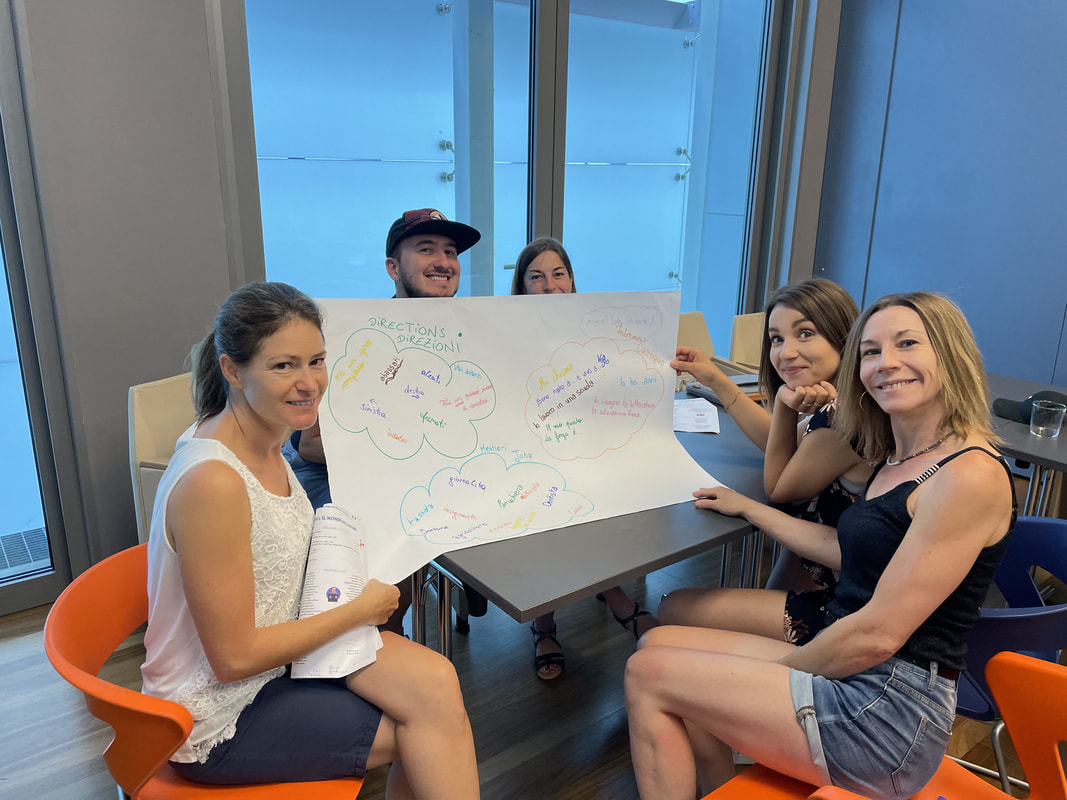
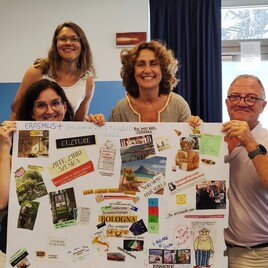

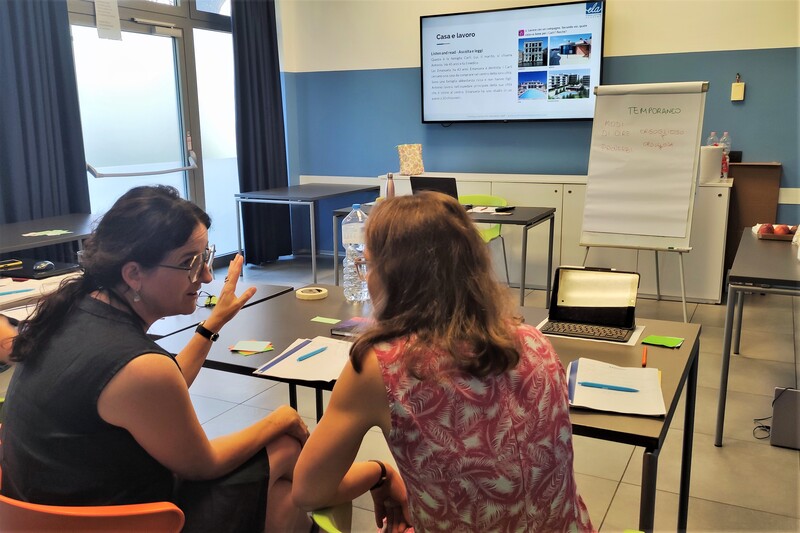
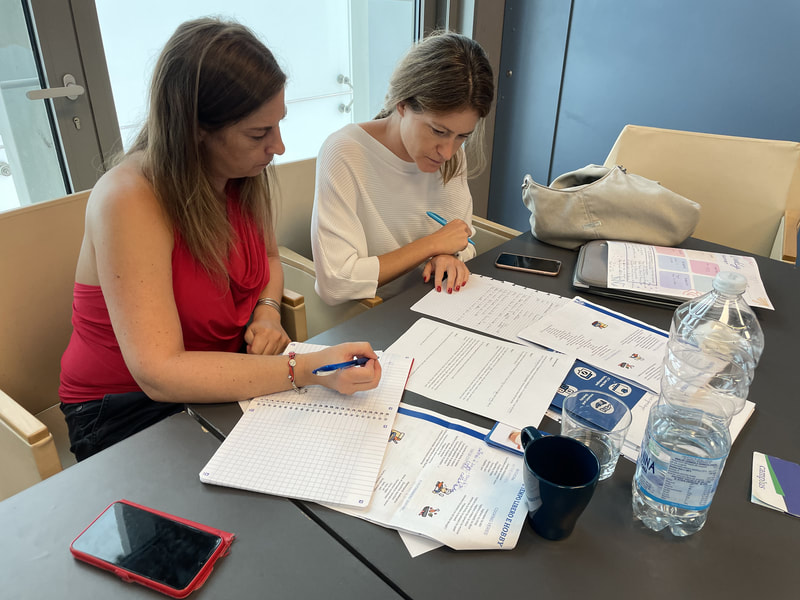
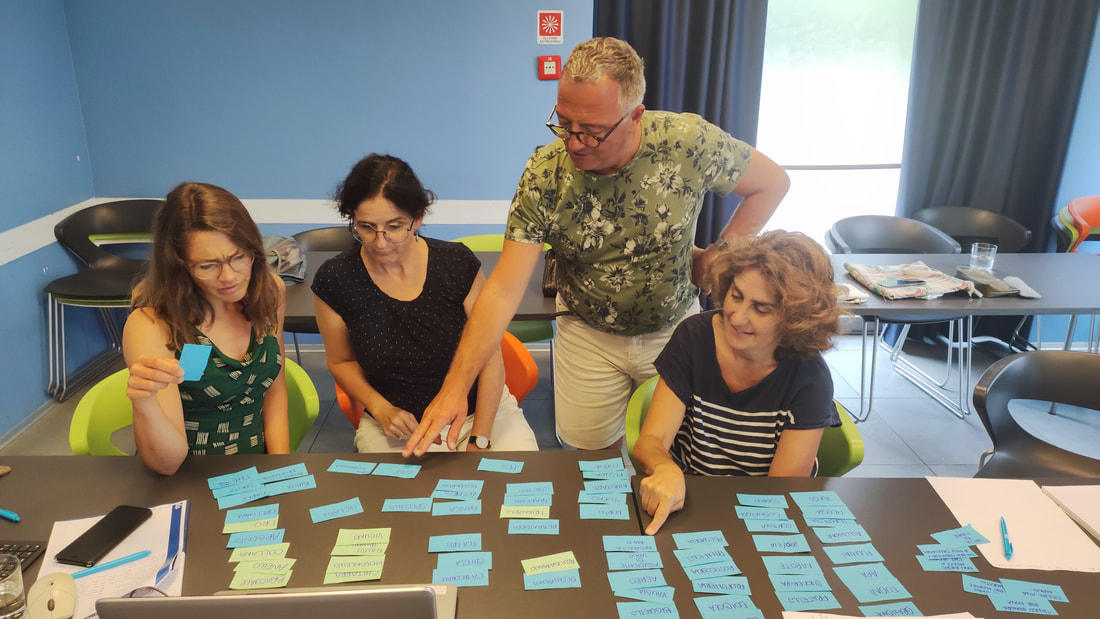
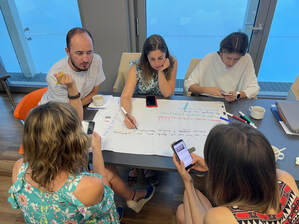
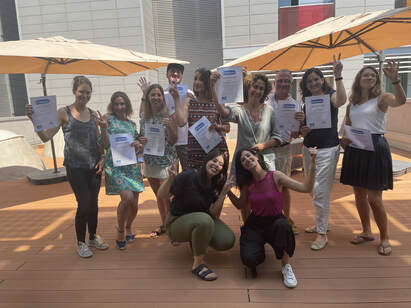
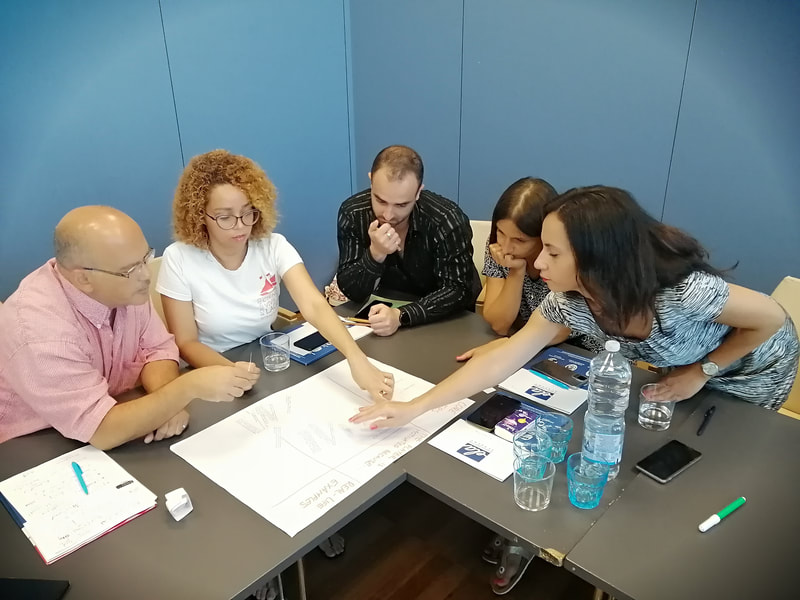
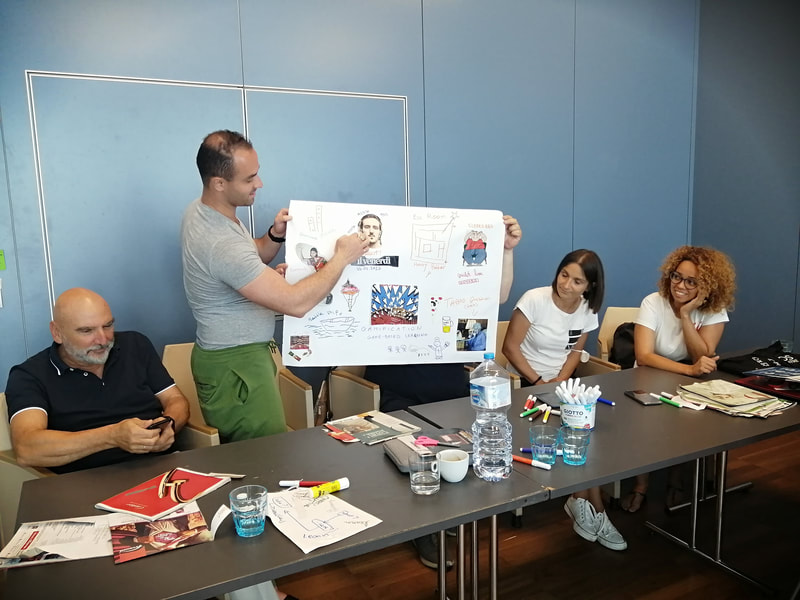
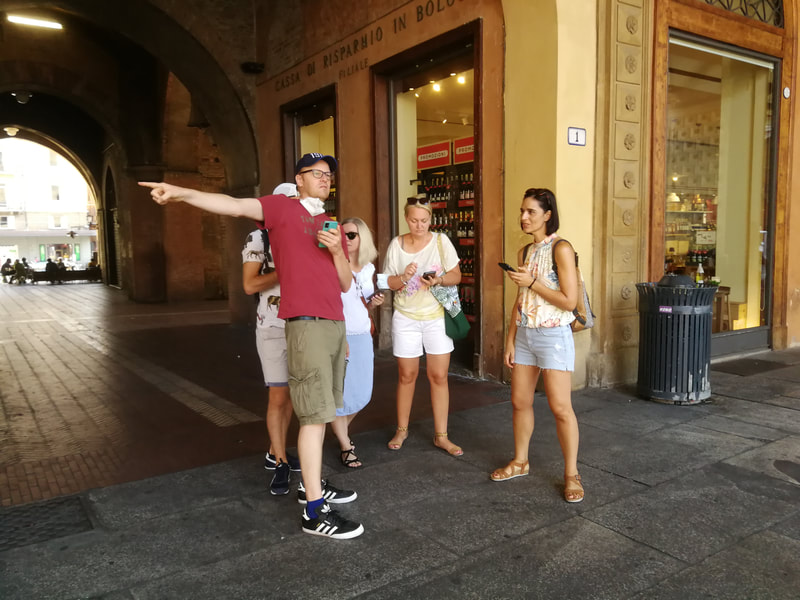
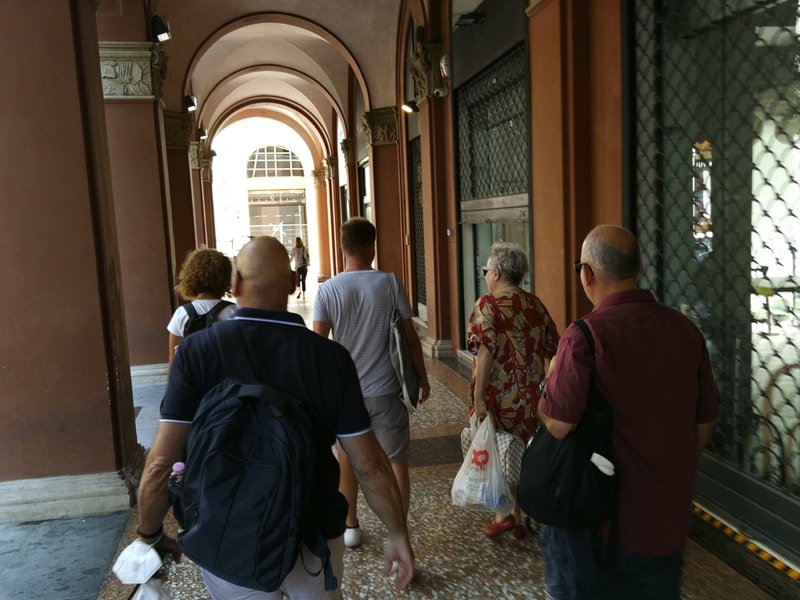
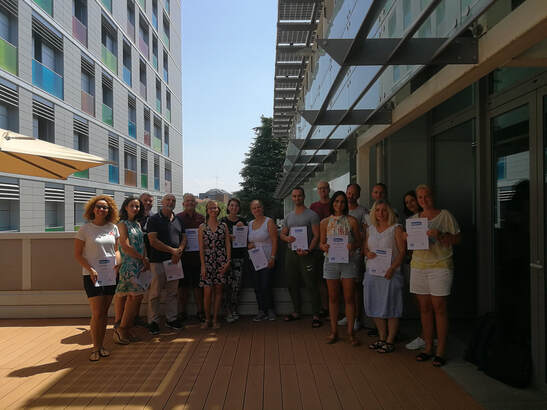
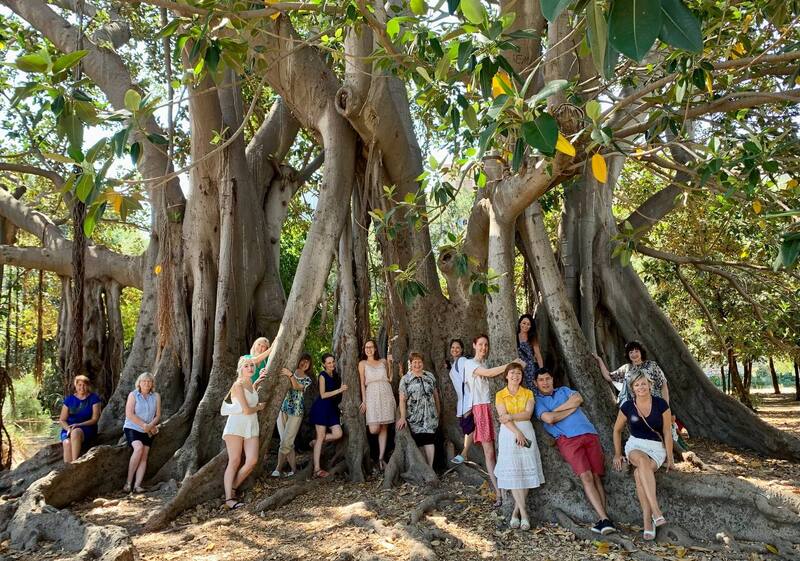
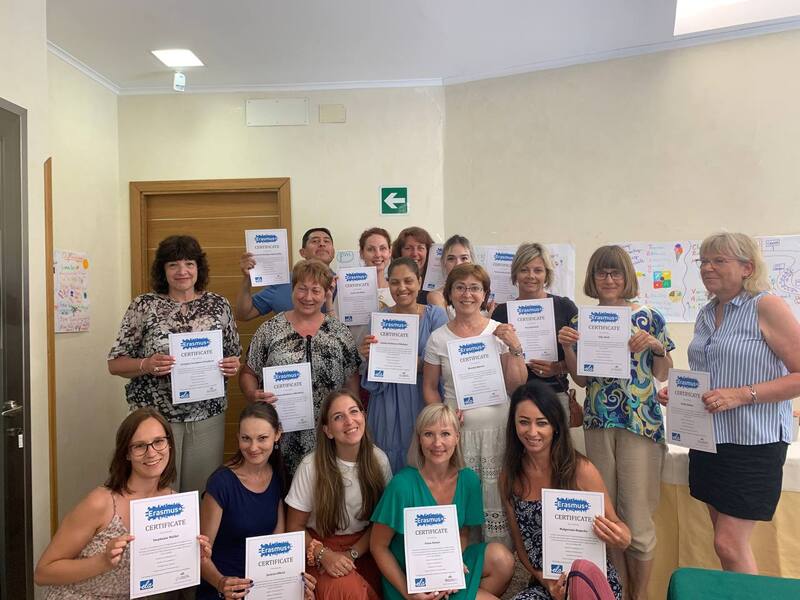
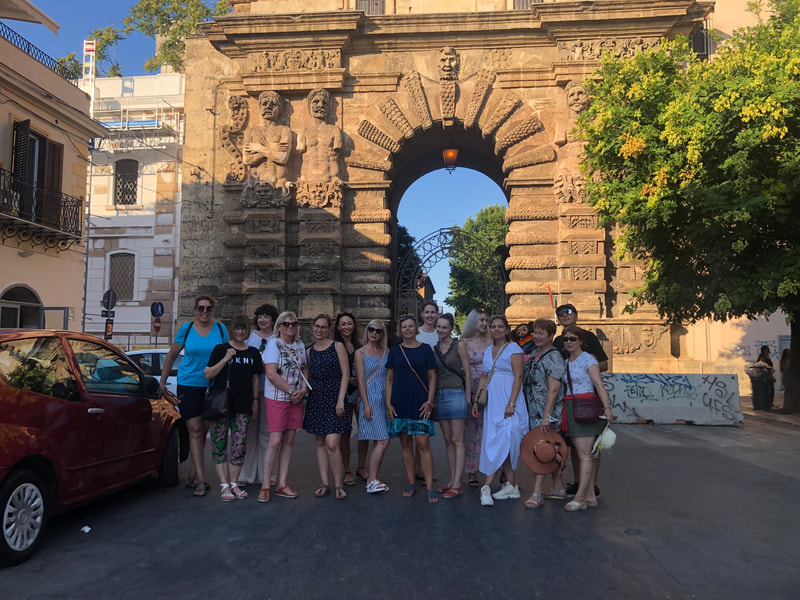
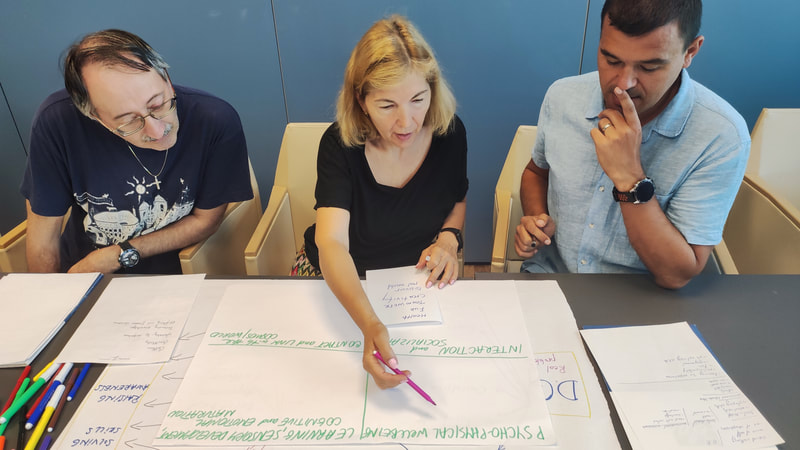
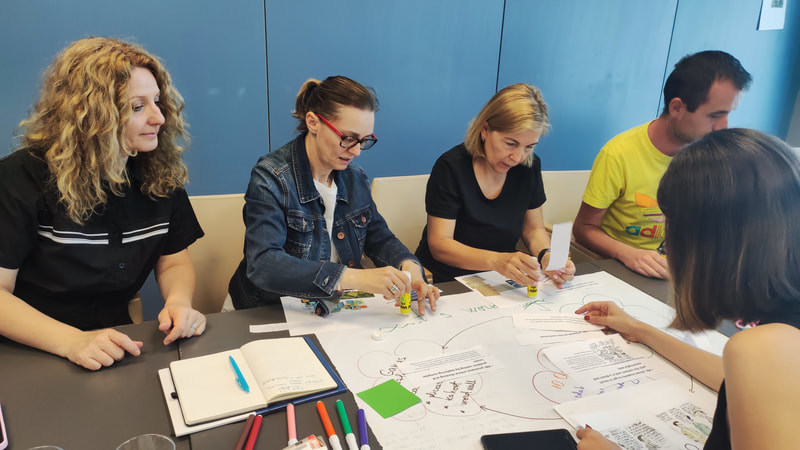
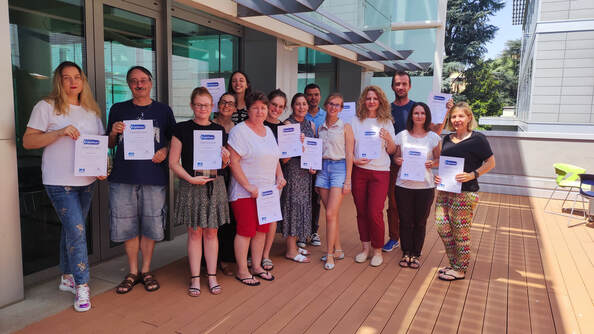
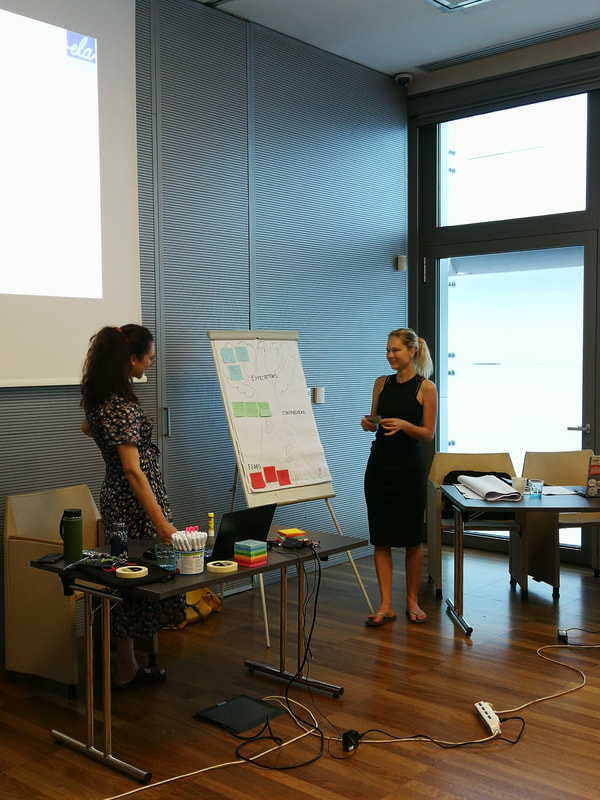
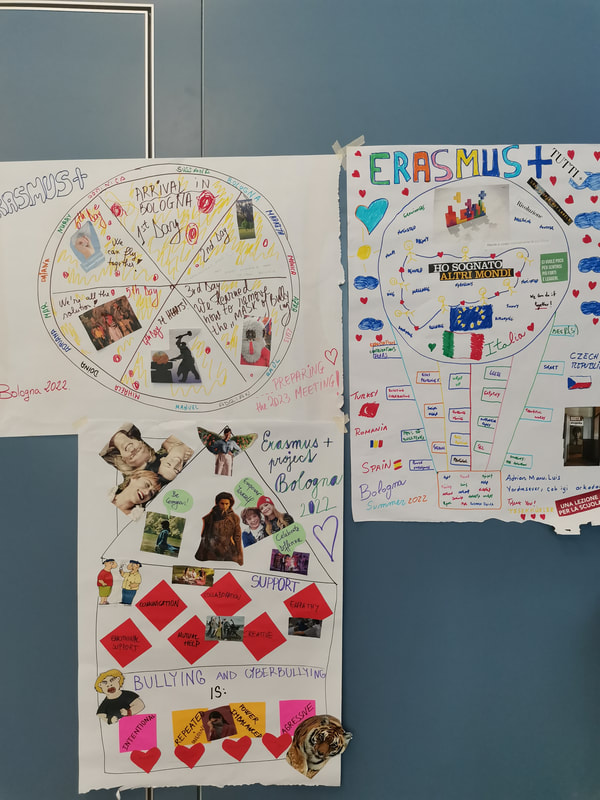
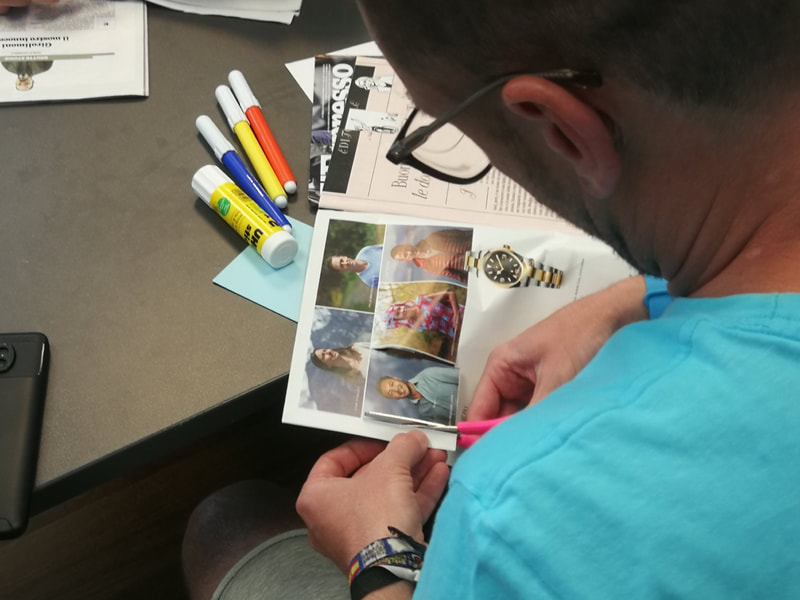
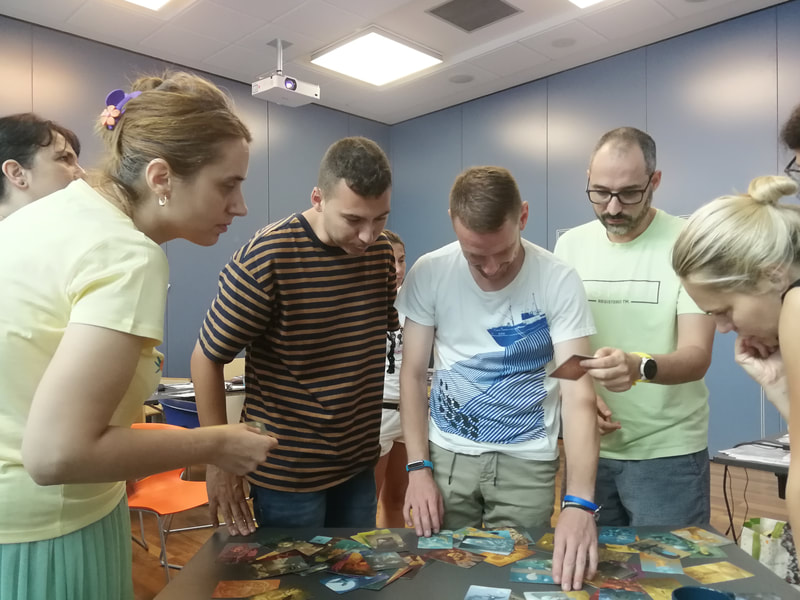
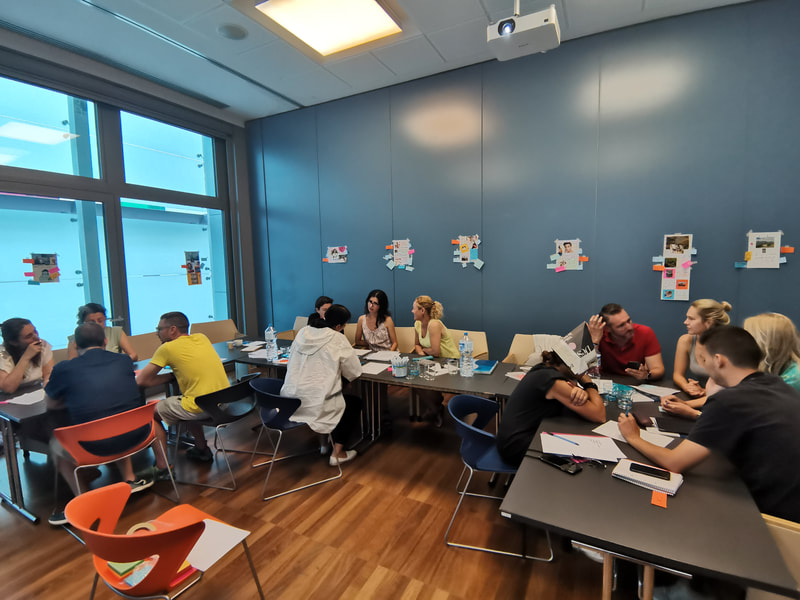
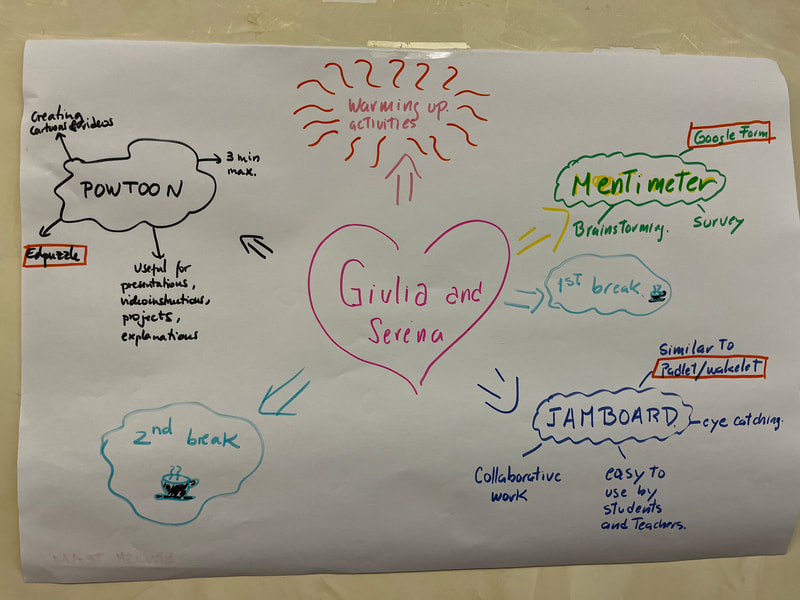
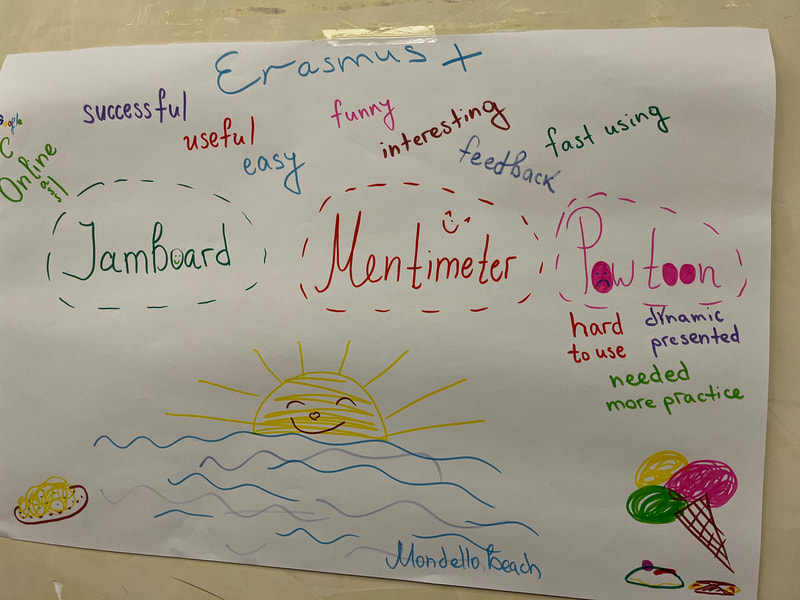
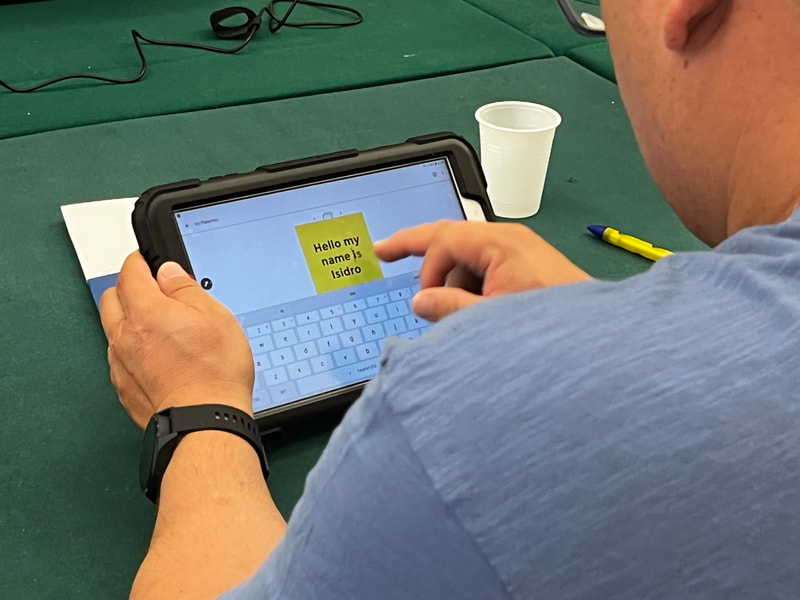
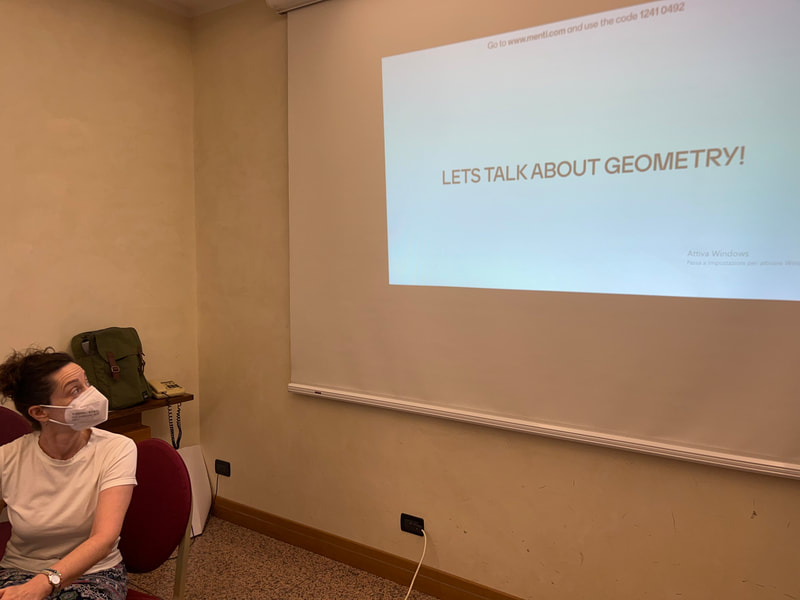
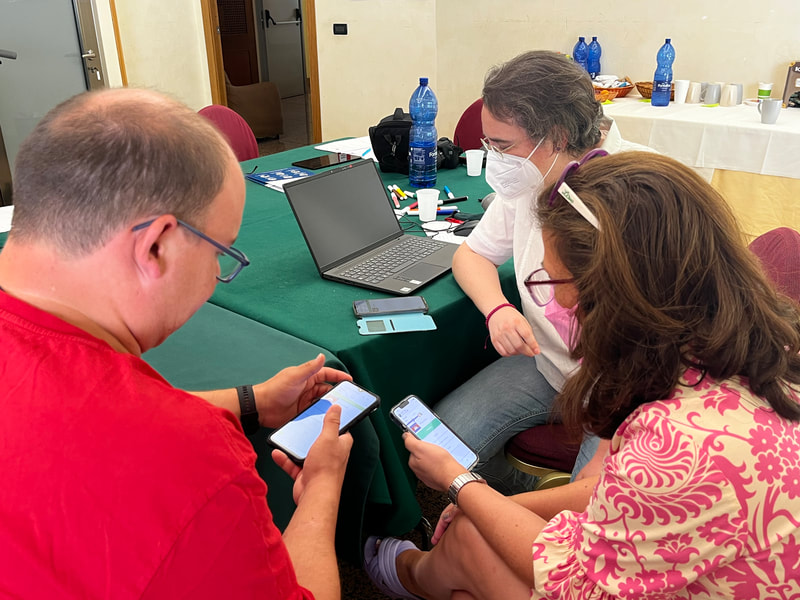
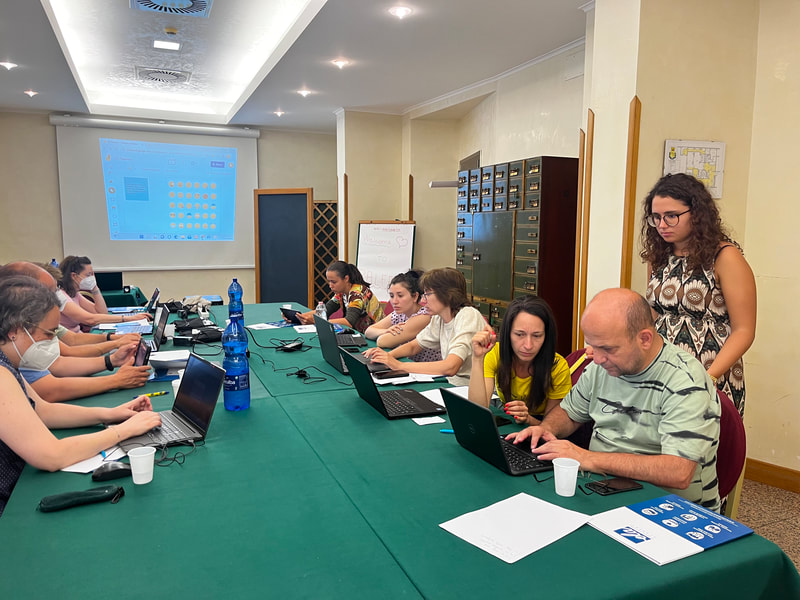
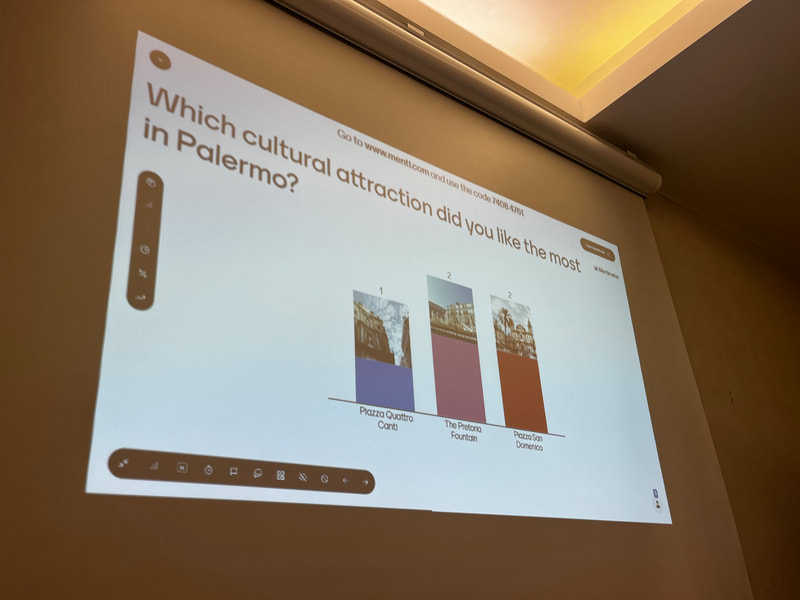
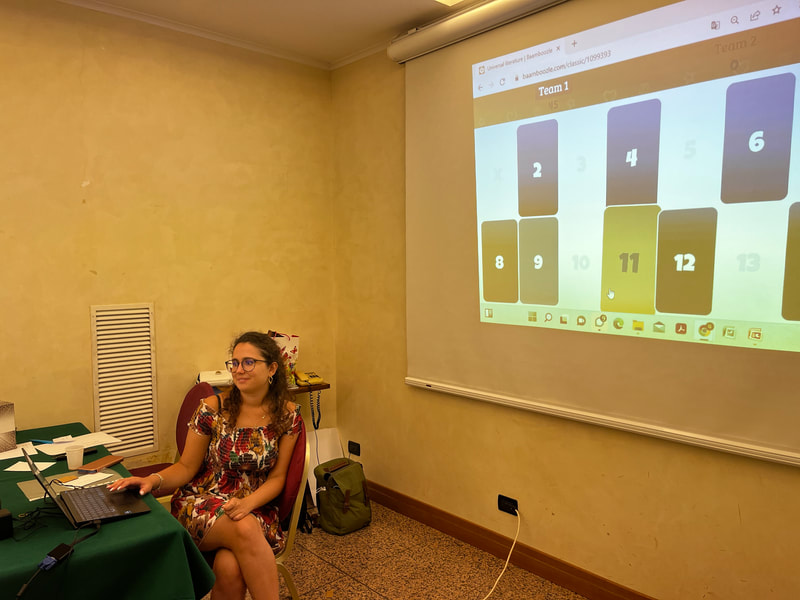
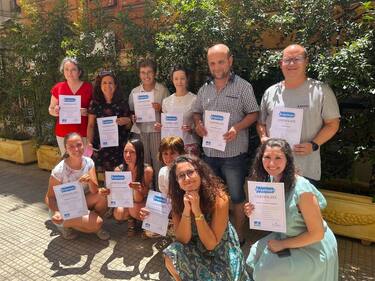
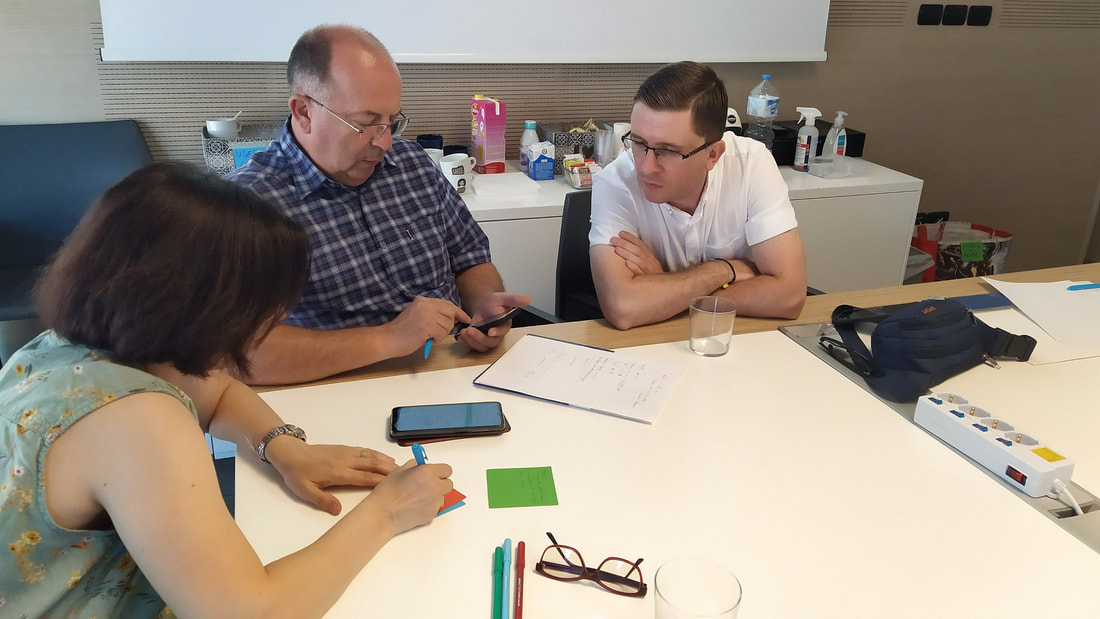
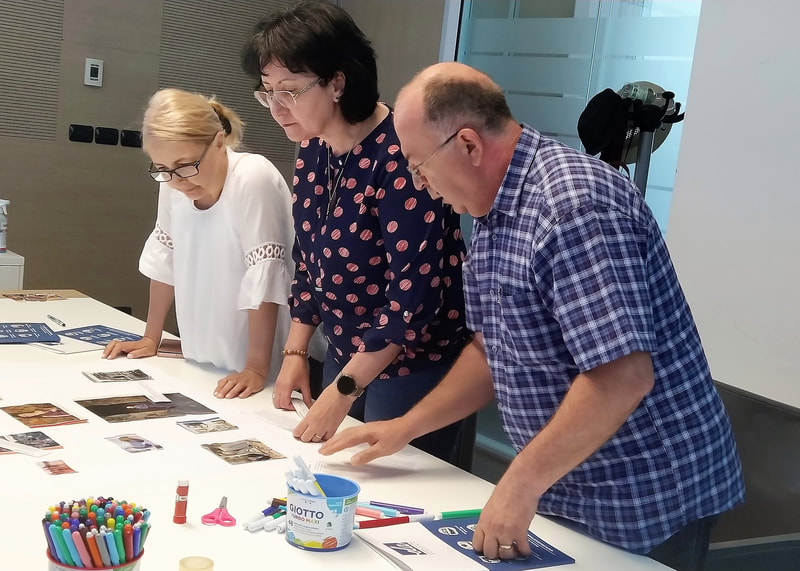
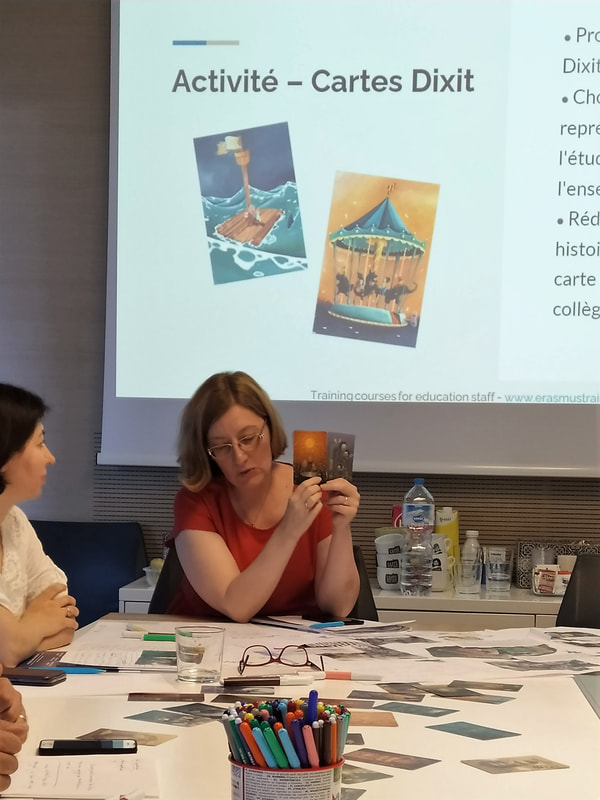

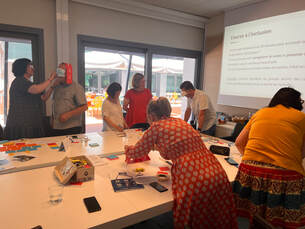
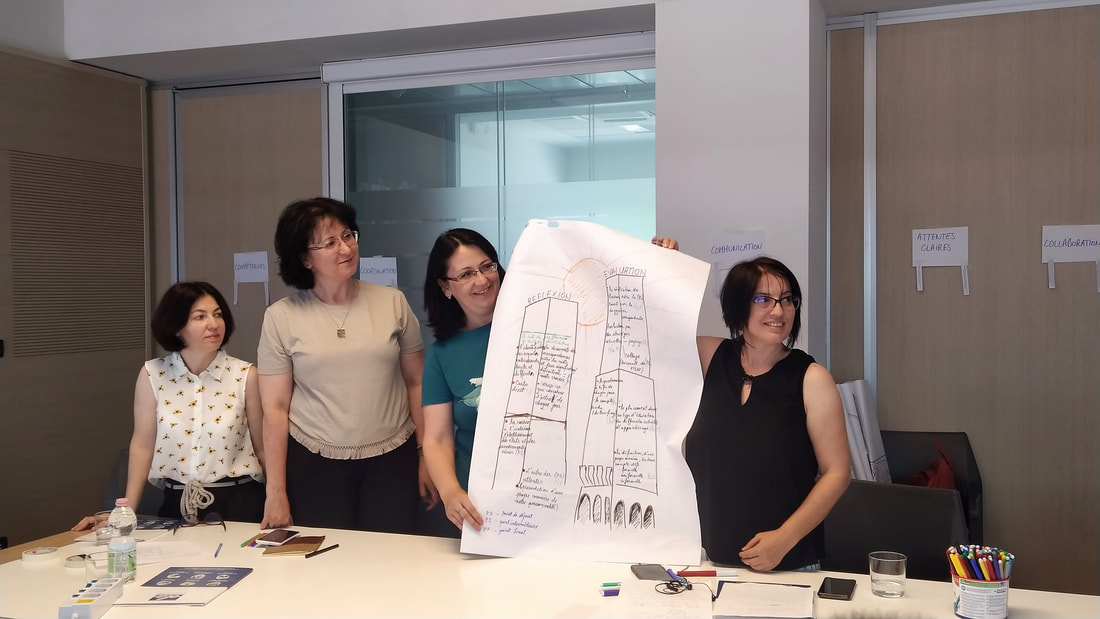
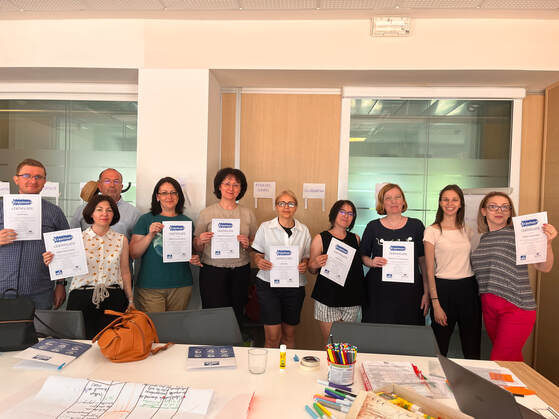
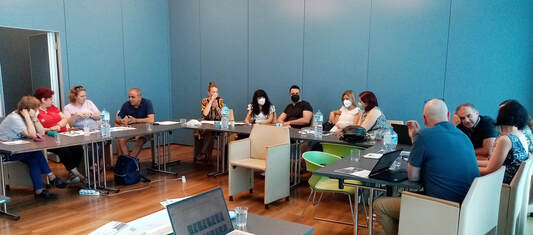
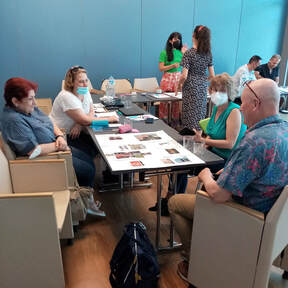
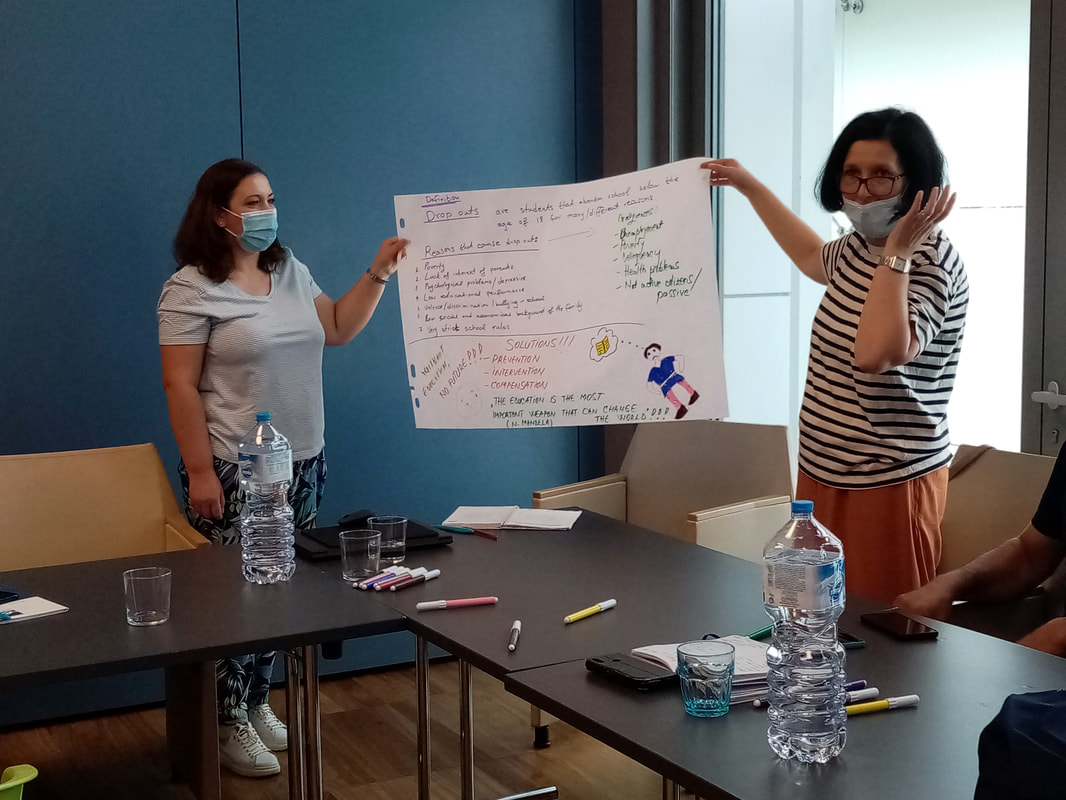
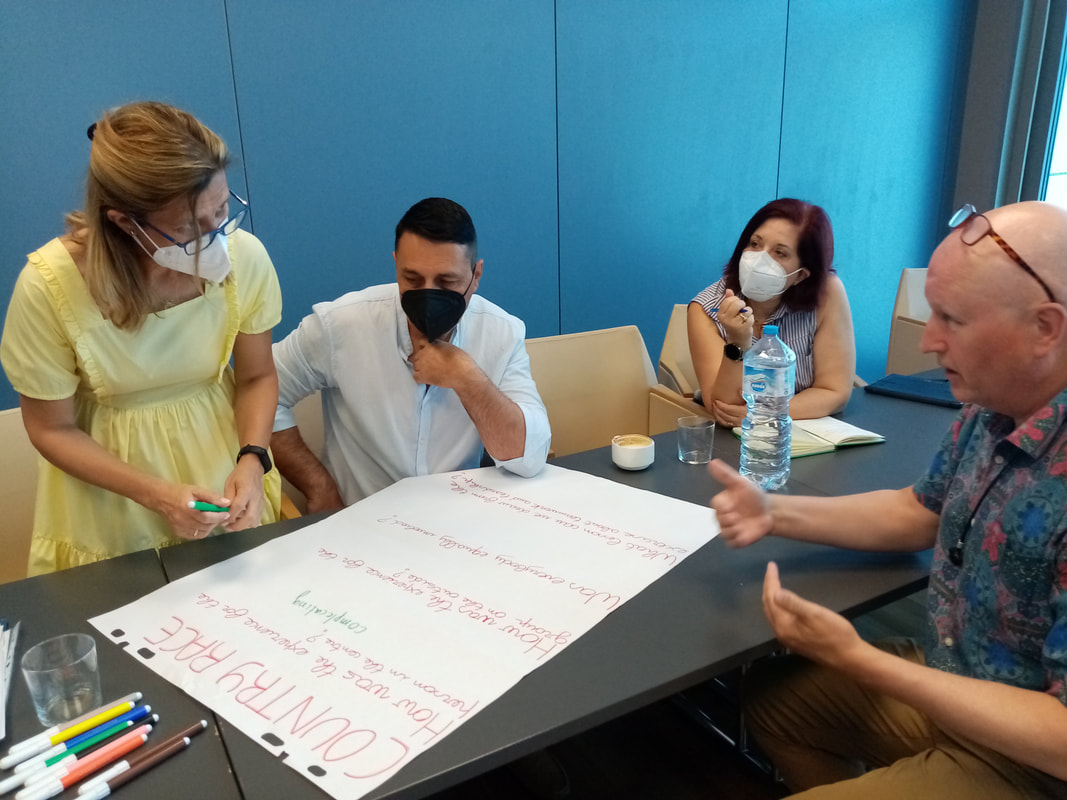
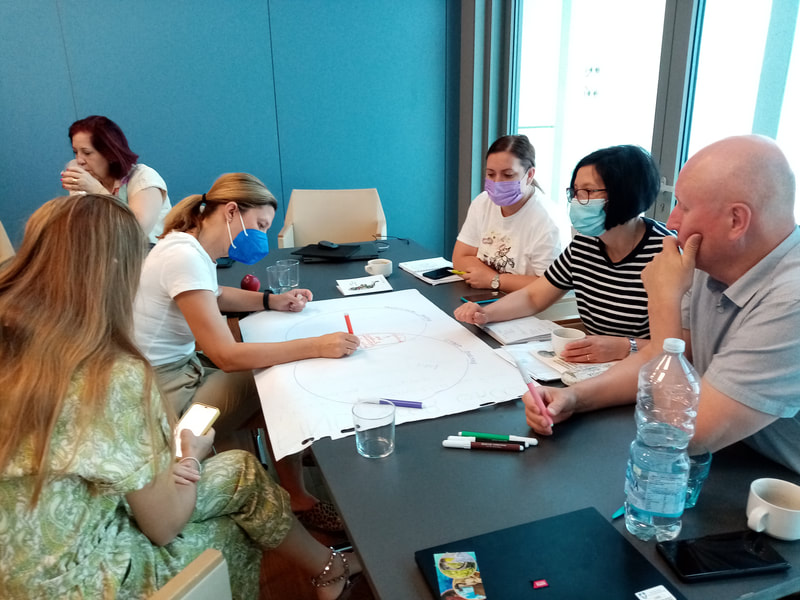
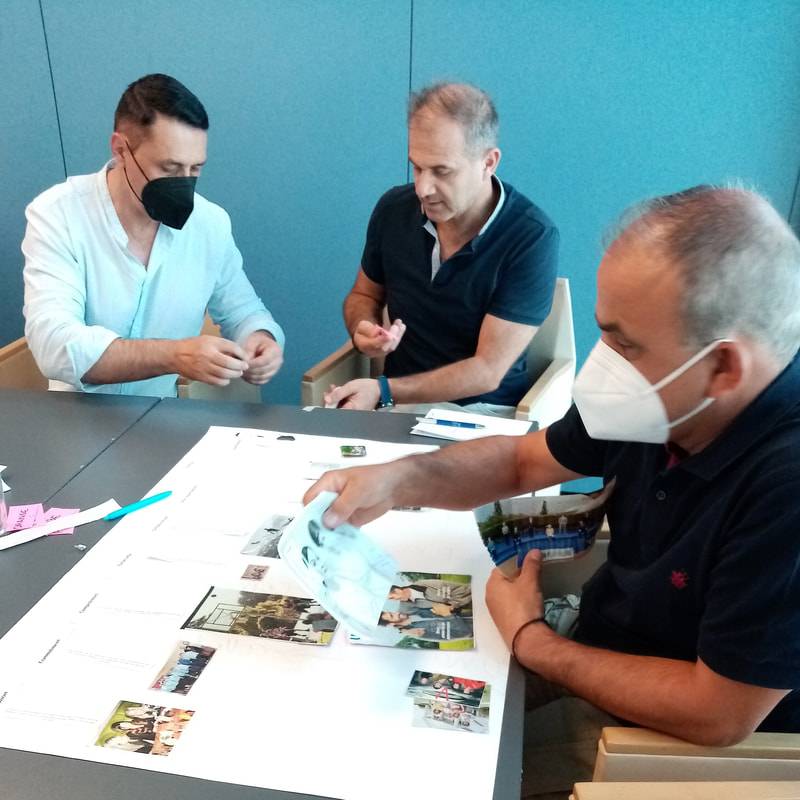
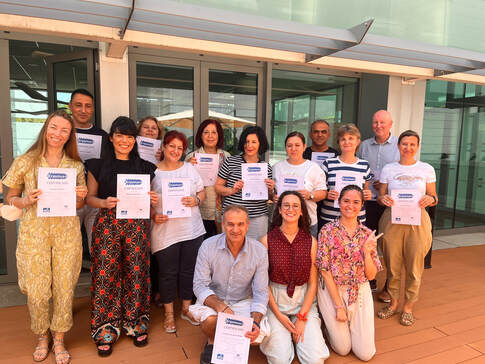
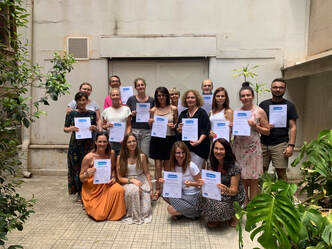
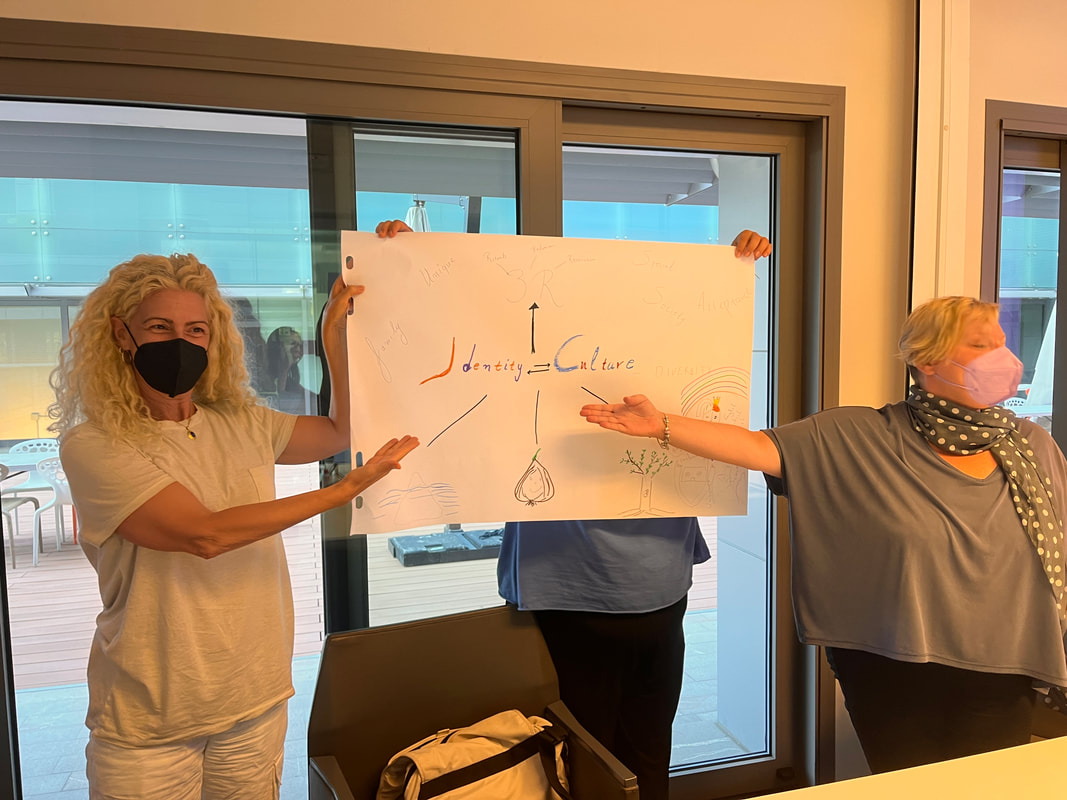
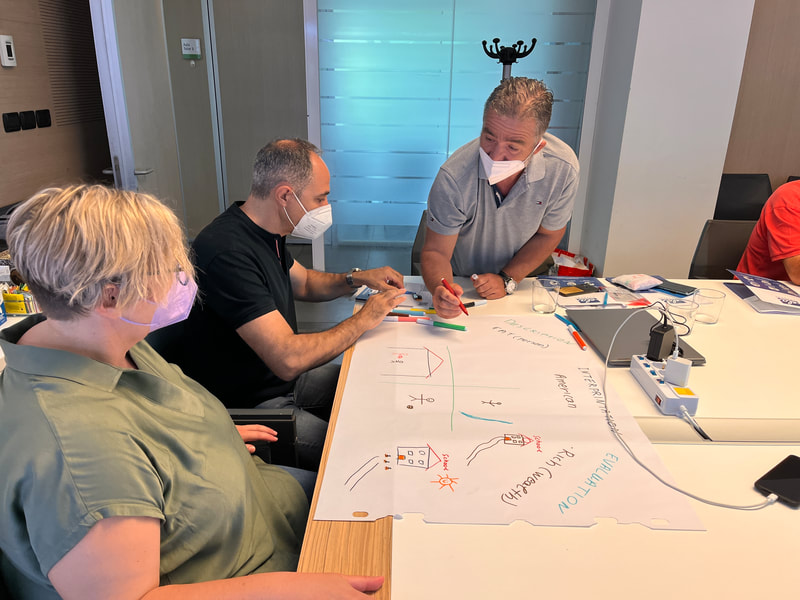
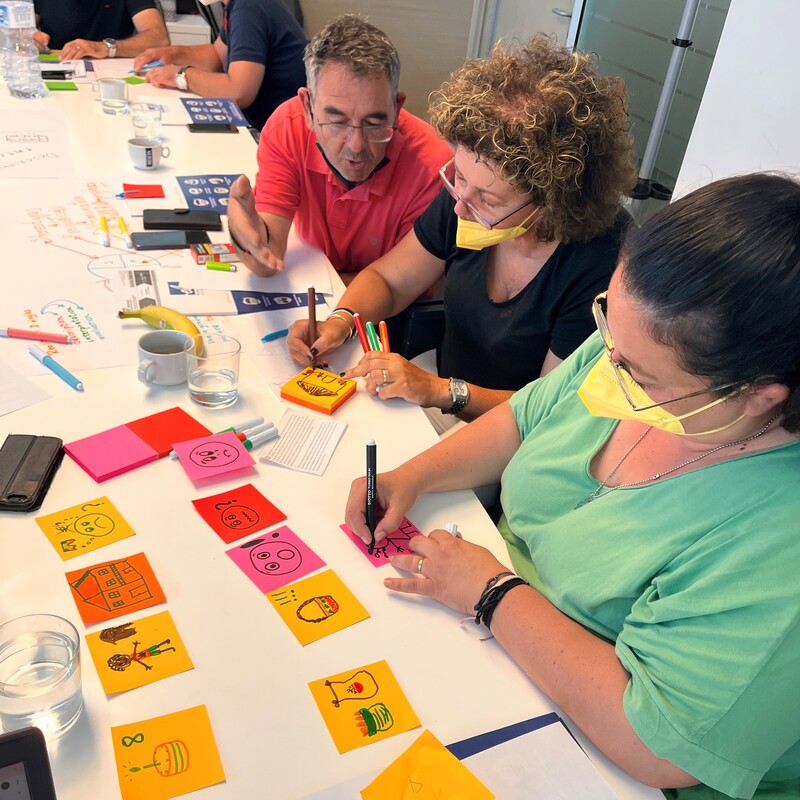
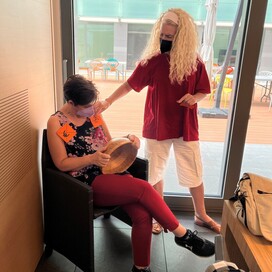
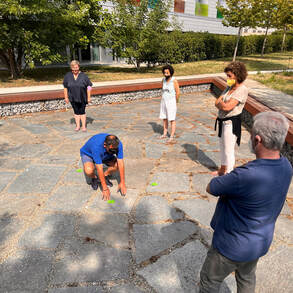
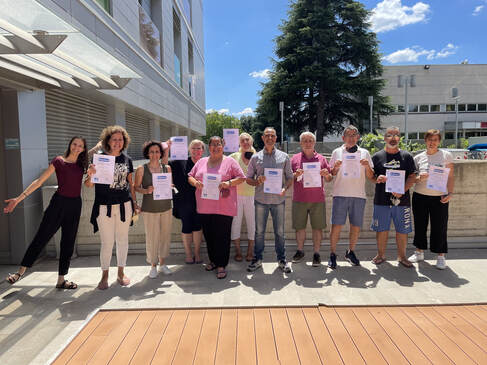
 RSS Feed
RSS Feed









